Is happiness index just another word for middle-class loneliness?
Because the countries that top the Happiness Index are quiet, safe, and stable. But so is a well-managed shutdown.
They ask people: “Do you have someone you can count on?”
In my culture, you never ask. People just show up. With food. Or gossip. Or a question that sounds like a scolding but is actually love.
We don’t always trust our institutions. But we trust each other in chaotic, unmeasured ways. And sometimes I wonder: did the Happiness Report forget people like us? The ones holding joy together with leftover rice.
Happiness Index: What Gets Counted and What Gets Missed
The World Happiness Report ranks countries using data like GDP, life expectancy, social support, freedom to make choices, and whether people believe someone would return a lost wallet.
Finland is ranked #1, again. Indonesia is… mid
Countries with complex, collective cultures rank lower, often not due to a lack of joy, but a different expression of it.
Trust, for example, is measured by asking whether a lost wallet would be returned. But in many communities, trust is demonstrated not through systems, but through people.
It looks like meals delivered unasked, or relatives who notice exhaustion before it’s spoken. These gestures don’t register in the metrics. They’re unmeasured, but not unimportant.
The Loneliness of Being “Fine”
The happiest countries tend to be emotionally responsible. People are polite. Independent, Not too much. I get the appeal.
I lived in Lisbon for two years. My gay neighbor once brought me a vegan non gluten muffin when I looked sad. My friends remembered my birthday.
I felt held in ways I didn’t expect. But even then, there were days I didn’t know who to call. Not because no one cared, but because no one expected me to need anything.
I had my student visa, my own apartment, my public transport pass. I was “doing well.”
That kind of loneliness doesn’t always come from being ignored. Sometimes it comes from being allowed to disappear, quietly, gracefully, and alone.
Happiness Index: Moms, Migrants, and Emotional Infrastructure
The Happiness Report doesn’t count the people who make happiness possible for others.
It doesn’t count the moms who cancel their own needs because someone else needs dinner. The migrants who wire joy home in small amounts, every payday.
The caregivers who learn to smile with their mouths while their backs hurt. Their names don’t show up in rankings.
But if they stopped showing up in real life everything would collapse. You can’t measure emotional infrastructure with a self-reported score. But you’ll feel the absence of it when it’s gone.
Trust Doesn’t Always Look Like a Wallet
In the Happiness Index, one of the indicators is: “If you lost your wallet, do you think someone would return it?”
But where I’m from, trust isn’t about the wallet. It’s whether someone lends you a charger at a funeral. It’s who notices when you look tired and sends you porridge without asking questions.
We may not trust the system. But we trust our aunties, our neighbors, the girl who sells tofu on the corner. Messy, instinctive, over-involved trust.
You can’t run a state on it. But you can survive a week on it. Sometimes a whole life.
Maybe the Happiest Countries Just Have Better Boundaries
I’m not here to debate Finland’s joy. I believe it. But I also believe that being happy is easier when no one expects you to be available all the time.
Maybe the real privilege isn’t stability. It’s boundaries. Maybe happiness isn’t about smiling more. It’s about being allowed to step back without guilt.
To say no. To go quiet. To have space. Most people I know were raised to say yes until they disappeared. Especially women, immigrants, anyone raised to feel like love is earned through usefulness. And maybe that’s why our happiness doesn’t show up in the data.
Because we were never taught to claim it for ourselves.
Closing Statement…
We’re not asking to top the list. We just want the list to notice who’s missing from it. Because behind every happy household, school, workplace, and country, there’s someone absorbing the noise so others can feel peace. And sometimes, we’re just asking that the silence include us too.
More On Cultural Survival
For deeper context on emotional labor, trust, and the quiet resilience behind daily survival, explore these companion pieces:
Boundaries and Where the F to Find Them
On emotional infrastructure, caregiving fatigue, and what it means to be allowed to step back without guilt.
Keep Going Anyway: The Messy Middle of Inclusion
A piece for those doing invisible work—migrants, caretakers, and everyone who wasn’t asked to lead but couldn’t walk away.
Why communal trust looks different—and why Western measurements often don’t get it.
On cultural discomfort, emotional fluency, and surviving social norms that don’t come with subtitles.

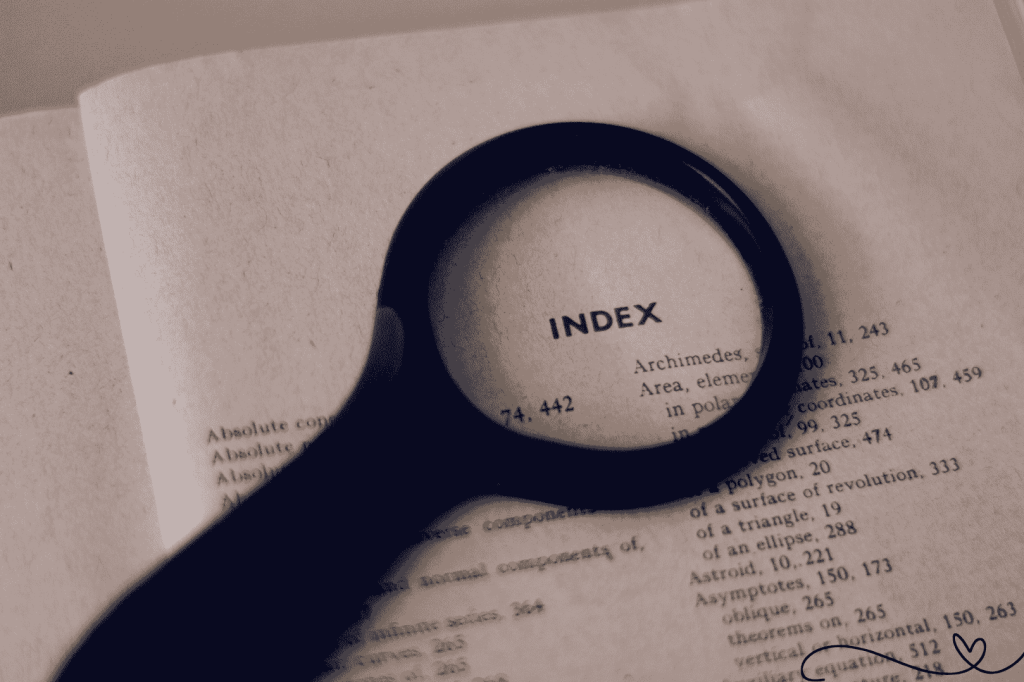
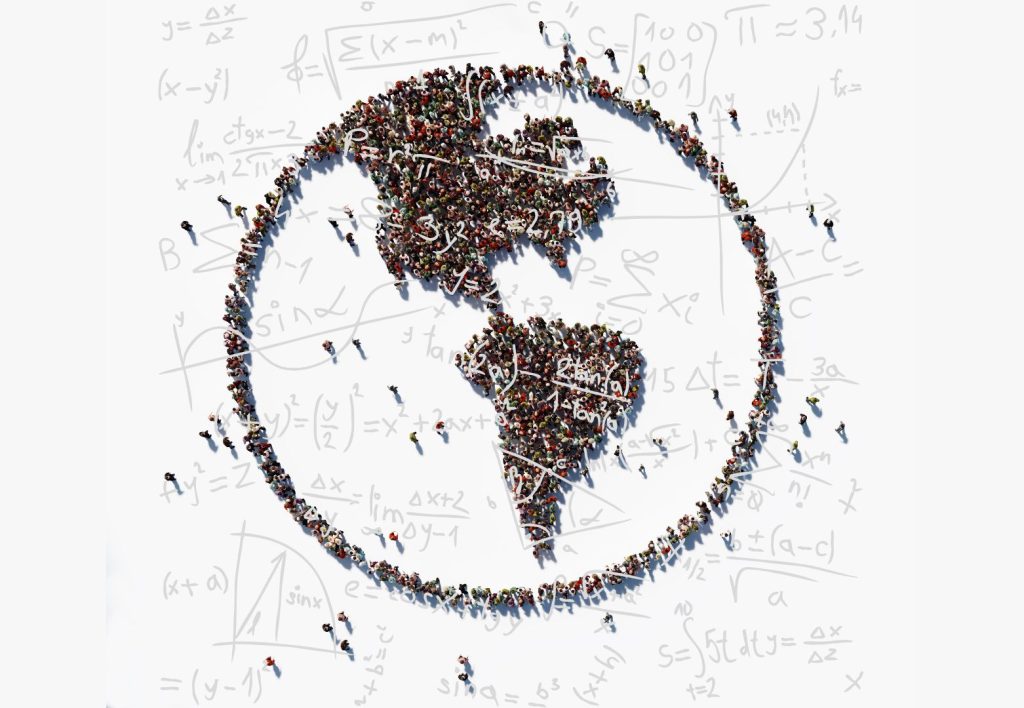
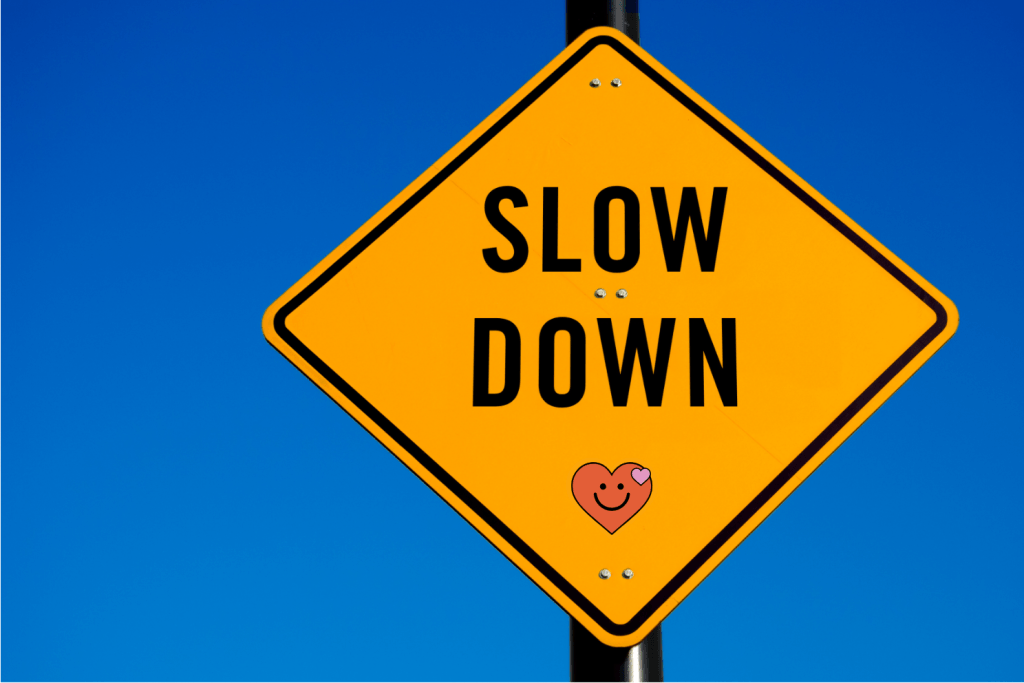
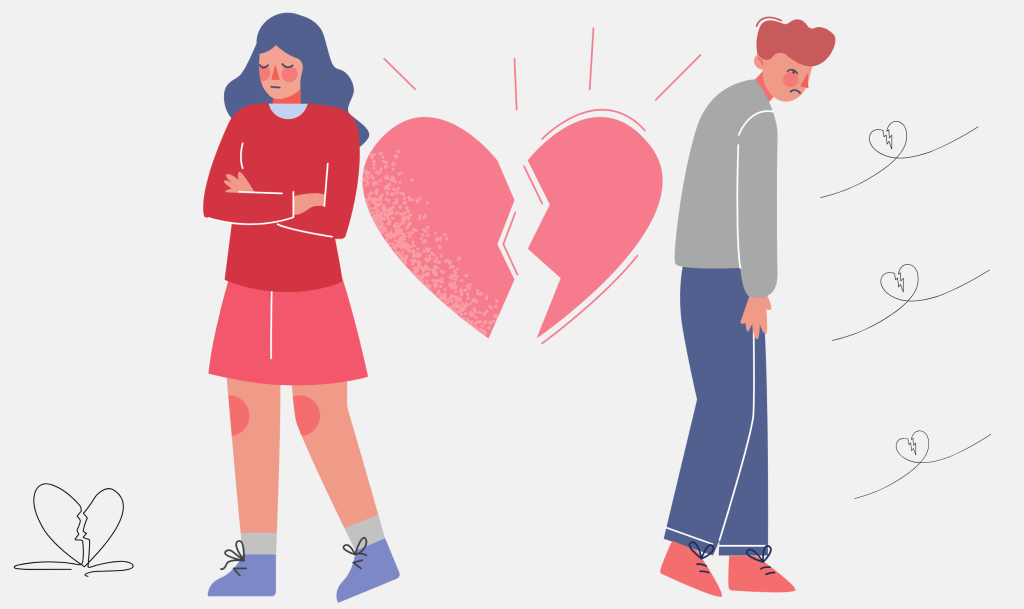


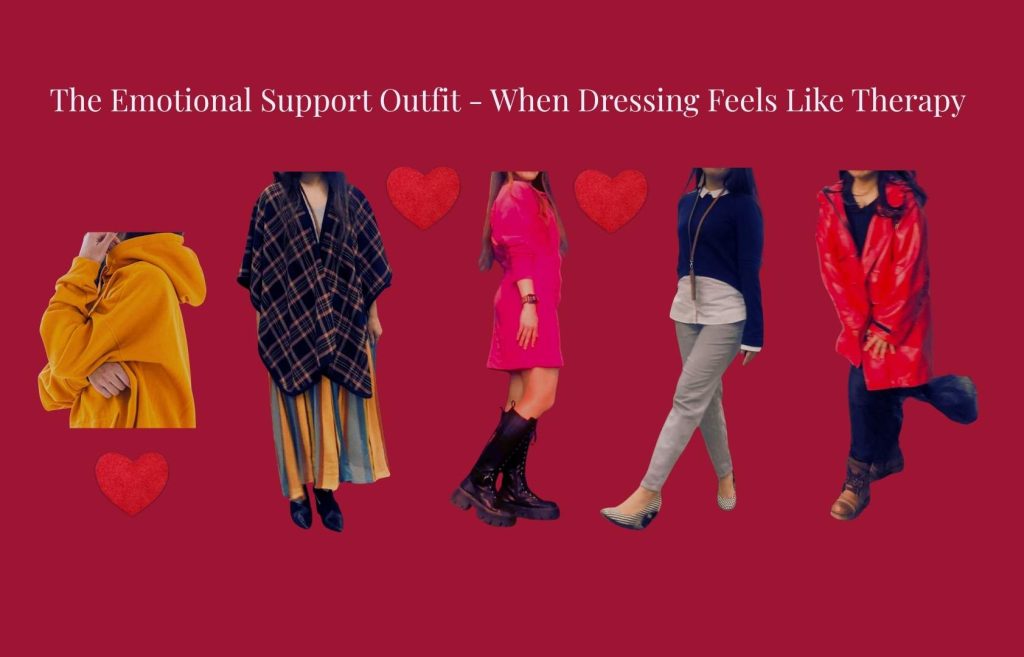
One Response
Very good partnership https://shorturl.fm/68Y8V